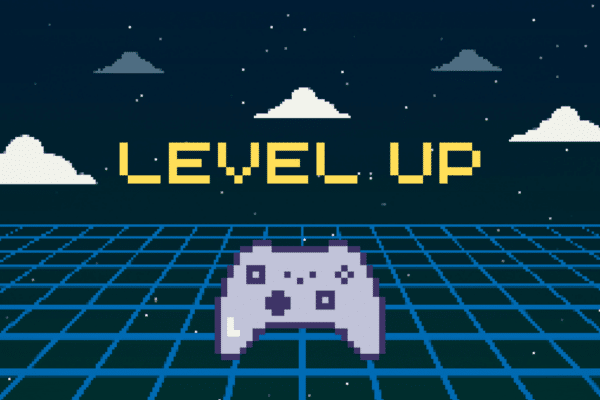Are boys better than girls at science and mathematics?
Sorry, I haven’t posted a blog for a while – I can’t believe how quickly this year has gone by. In this post I want to return to the theme of supposed sex differences between how and what children learn and look at the other side of the coin. If girls are supposedly better than boys at language (a belief I disputed in my last post) are boys really better than girls at math and science? It’s interesting to note that as young children there don’t appear to be differences in childrens’ maths abilities and girls sometimes do better than boys in this area, (Halpern, 2000 in Eliot, 2009). So how come by high school boys are outperforming girls and girls are losing interest in maths and science? As I discussed in my last post there has been research attempting to show that this is an innate or hardwired difference, particularly in the area of mental rotation (the ability to rotate mental representations of 2D and 3D objects). Figures 1 and 2 show examples of mental rotation tasks.  Created by Jennifer Oneske: Licensed under Public Domain via Wikipedia The suggestion is that boys are innately better at this and this is what gives them the edge in maths and science (eg Moore and Johnson, 2008). However, there is also conflicting research saying that this is not the case, see Örnkloo and von Hofsten, 2007. So are the differences between male and female mathematical abilities hardwired? I’d like to talk here about an interesting experiment done by Angelica Moè (2009), in which Moè worked with three groups of high school students. They were all set a mental rotation test, but before taking the test, group 1 was told that males are superior in this type of task, because of their genes, while group 2 was told that females were superior, because of their genes, while group 3 didn’t receive any instruction about gender superiority. In group 1 (told males were better) and group 3 (the control group) males outperformed females to the same degree, but here’s the interesting part, in group 2 (told females were better at mental rotation) the females performed just as well as the men, suggesting that ‘priming’ (setting learners up to influence their success or failure) was at play here. The hardwiring argument has been largely discredited – formal mathematics is a learned skill (like reading) and hasn’t been around long enough for evolution to have any role in this. It seems, therefore, that more interesting and complex factors are involved. It appears to have much more to do with society and our stereotyping and expectations than any innate differences in our abilities. Education plays a key role – just as was concluded in my last post. So, what part can and do language teachers and language teaching play in ensuring that all learners do well? … See you in my next post
Created by Jennifer Oneske: Licensed under Public Domain via Wikipedia The suggestion is that boys are innately better at this and this is what gives them the edge in maths and science (eg Moore and Johnson, 2008). However, there is also conflicting research saying that this is not the case, see Örnkloo and von Hofsten, 2007. So are the differences between male and female mathematical abilities hardwired? I’d like to talk here about an interesting experiment done by Angelica Moè (2009), in which Moè worked with three groups of high school students. They were all set a mental rotation test, but before taking the test, group 1 was told that males are superior in this type of task, because of their genes, while group 2 was told that females were superior, because of their genes, while group 3 didn’t receive any instruction about gender superiority. In group 1 (told males were better) and group 3 (the control group) males outperformed females to the same degree, but here’s the interesting part, in group 2 (told females were better at mental rotation) the females performed just as well as the men, suggesting that ‘priming’ (setting learners up to influence their success or failure) was at play here. The hardwiring argument has been largely discredited – formal mathematics is a learned skill (like reading) and hasn’t been around long enough for evolution to have any role in this. It seems, therefore, that more interesting and complex factors are involved. It appears to have much more to do with society and our stereotyping and expectations than any innate differences in our abilities. Education plays a key role – just as was concluded in my last post. So, what part can and do language teachers and language teaching play in ensuring that all learners do well? … See you in my next post 






